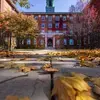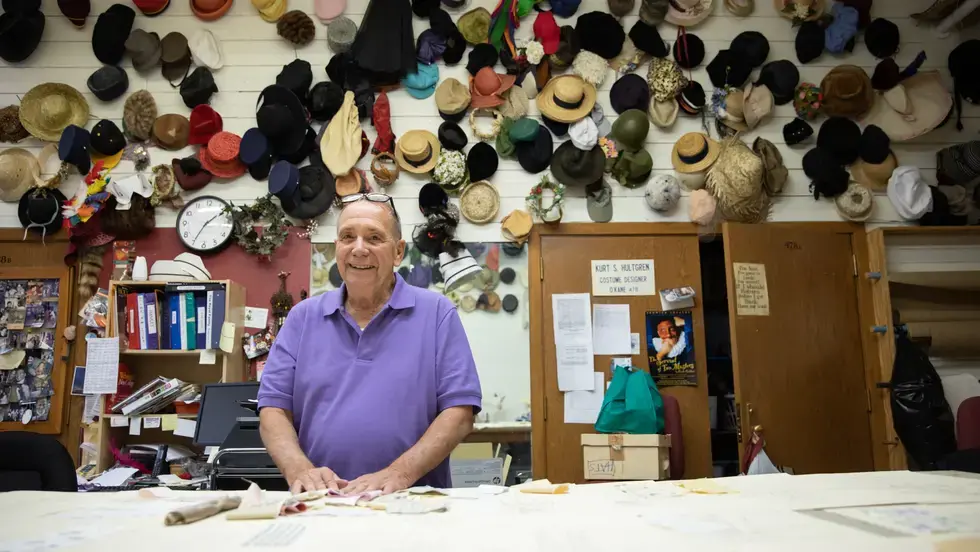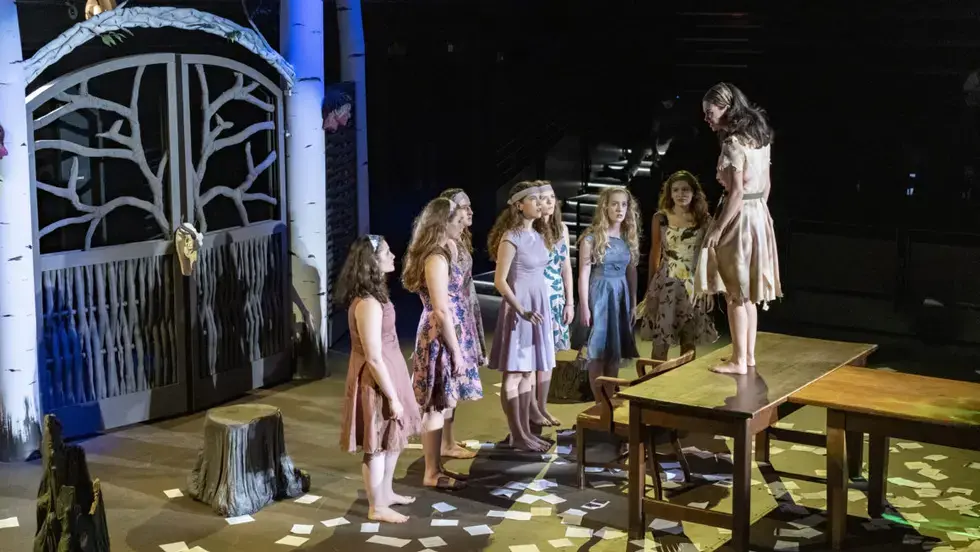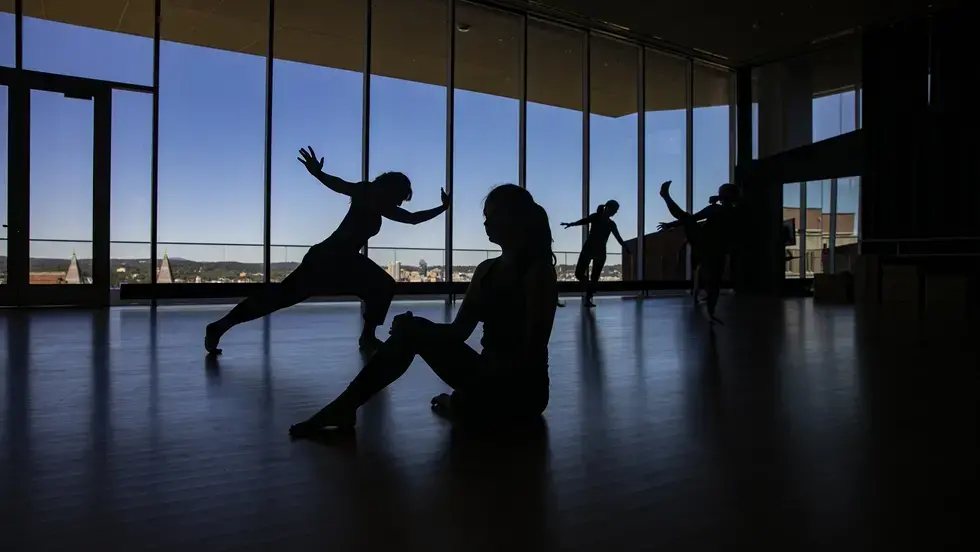Film Studies
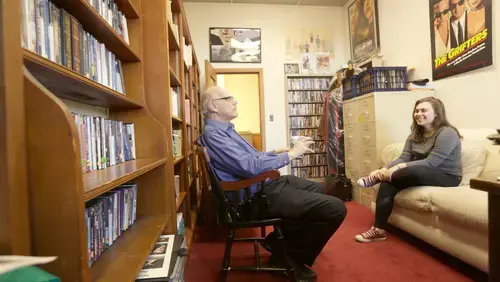
Areas of Study
Offered through the Center for Interdisciplinary Studies, Film Studies allows students to investigate the subject through a combination of lecture classes and seminars.
- Survey classes in American and World Film
- Courses in French, Italian, German and Russian film taught in English
- Advanced film seminars and tutorials
Requirements
Through the Center for Interdisciplinary Studies (CIS), students may design either a major that balances introductory and advanced classes or a minor that includes at least one advanced seminar or tutorial. The CIS Director and Committee on Academic Programs approves, monitors, and administers all self-designed minors and majors. Students must apply and have their minor/major application approved.
Film studies majors generally are composed of 14 courses drawn from at least three departments (or 10 courses in the case of a double-major). A film studies major may overlap a maximum of 2 courses from another course of study (e.g., another major) or 3 courses from two other courses of study (e.g, another major and a different minor). No single course may count for three courses of study.
Film studies minors are generally composed of 6 courses drawn from at least three different departments. A film studies minor may overlap a maximum of 2 courses from all other courses of study.
Meet Your Program Director

Opportunities
Internships
Through the New York Internship Program, students may pursue internships with film companies or museums with significant film collections.
